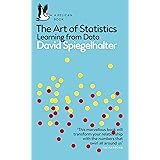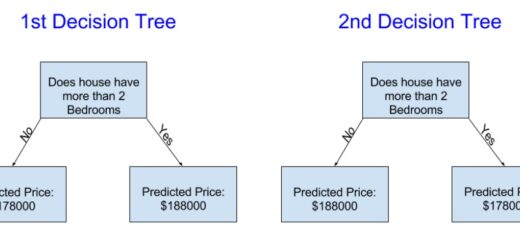Key Phrases Related to Big Data
Key Phrases Related to Big Data, gathering a few essential terms related to big data is not a terrible idea because it creates a common base from which to move forward.
1. Big Data
Big Data is defined in numerous popular and academic papers, and each description varies greatly.
We favour this definition of “data is huge” because it best captures the core of the term:
“Data is big when data size becomes part of the problem.”
Since Big Data is a dynamic target, this definition offers the flexibility needed to adequately encapsulate its essential quality.
2. Big Data Volume
The amount of generated and stored data is referred to as volume.
The amount of data affects its worth and potential for insight, as well as whether it qualifies as big data or not.
3. Big Data Velocity
Velocity is the rate at which data is produced and processed in order to satisfy the requirements and difficulties that stand in the way of growth and development.
4. Big Data Variety
The term “variety” describes the kind and type of data. This makes it easier for those who examine it to put the knowledge they gain to good use.
5. Big Data Veracity
Veracity is the level of data acquisition, which can differ substantially and affect the accuracy of the analysis.
6. Big Data Variability
The data set’s variability, or lack of consistency, can make it difficult for processes to handle and manage.
7. Big Data Value
Value is occasionally mentioned as a key Big Data Component, and we agree that it deserves attention, especially from a business perspective.
Value is the knowledge that can be gained from the patterns, processing, and other Big Data-related activities on the relevant data.
8. Cloud Computing
It is possible to define cloud computing, often known as the cloud, as an Internet-based computing architecture that primarily provides on-demand access to computing resources.
These resources include a wide range of things, including servers, data centres, servers, and application software.
Pay-as-you-go models are typically used by cloud service providers, allowing businesses to scale their costs in accordance with demand.
Businesses can avoid infrastructure setup fees, which were unavoidable before the cloud was invented.
9. Predictive Analytics
To make better decisions, technology that learns from past experience (data) can forecast people’s future behaviour.
Predictive analytics employ predictive models:
a system that foretells a person’s behaviour, such as whether they will click, buy, lie, or die. It uses the person’s attributes (variables) as input and outputs a predicted score.
The likelihood that the person will behave as expected increases with the increasing scores.
10. Descriptive Analytics
As its name immediately suggests, this type of analytics is descriptive in nature.
By focusing less on the specifics of each piece of data and more on an overarching narrative, descriptive analytics summarises data.
11. Prescriptive Analytics
Predictive analytics typically comes after prediction in that decisions can be made based on the information gathered from predictive modelling.





